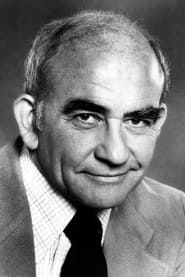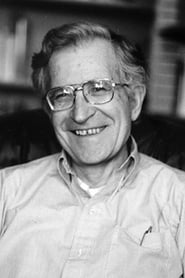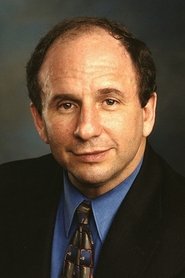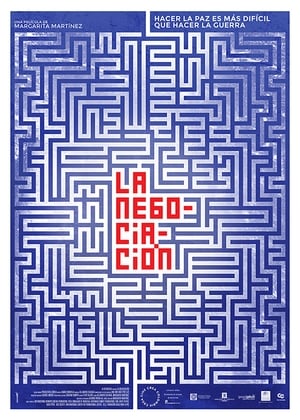
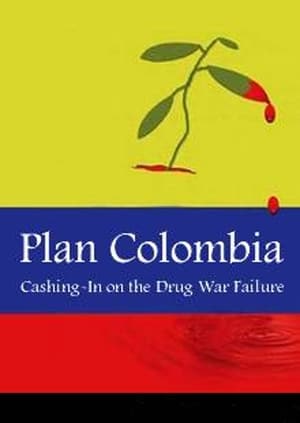
Plan Colombia: Cashing In on the Drug War Failure(2003)
Ed Asner narrates this documentary about U.S. involvement in Colombia's drug trafficking and civil unrest. The film examines the impact of chemical spraying and military funding and reveals alternate U.S. interests. Features interviews with Noam Chomsky, the late Senator Paul Wellstone, Colombian Presidential candidate Ingrid Betancourt, Congressmen John Conyers and Jim McGovern, U.S. State Department officials, guerilla leaders and others.
Movie: Plan Colombia: Cashing In on the Drug War Failure
Top 10 Billed Cast
Self
Self
Self
Self
Self
Self
Self

Plan Colombia: Cashing In on the Drug War Failure
HomePage
Overview
Ed Asner narrates this documentary about U.S. involvement in Colombia's drug trafficking and civil unrest. The film examines the impact of chemical spraying and military funding and reveals alternate U.S. interests. Features interviews with Noam Chomsky, the late Senator Paul Wellstone, Colombian Presidential candidate Ingrid Betancourt, Congressmen John Conyers and Jim McGovern, U.S. State Department officials, guerilla leaders and others.
Release Date
2003-10-27
Average
0
Rating:
0.0 startsTagline
Genres
Languages:
English
Similar Movies
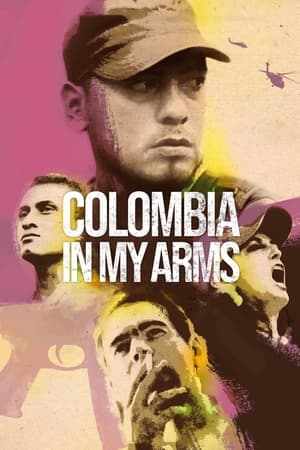 7.5
7.5Colombia in My Arms(fi)
After 52 years of armed conflict the FARC guerrillas are about to hand over their arms in exchange for political participation and social inclusion of the poor. Ernesto is one of them. The much celebrated Colombian peace agreement throws Ernesto and the polarised society around him into chaos in which everyone is afraid of the future and their own survival.
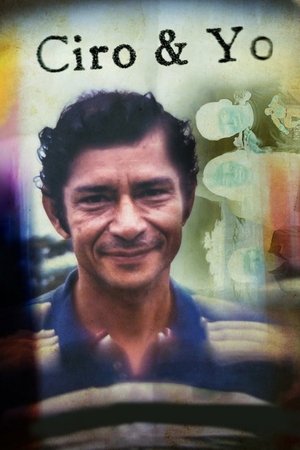 7.0
7.0Ciro and Me(es)
Ciro Galindo was born on August 29th, 1952 in Colombia. Wherever he's gone, war has found him. After twenty years of friendship, I understood Ciro 's life sums up Colombia's history. As so many Colombians he is a survivor, who has run away from war for more than sixty years, and now dreams of living in peace. "Ciro and Me" is a journey to memory, seeking to give sorrow words; a journey, similar to that of Colombia in times of peace, in search to recover its dignity.
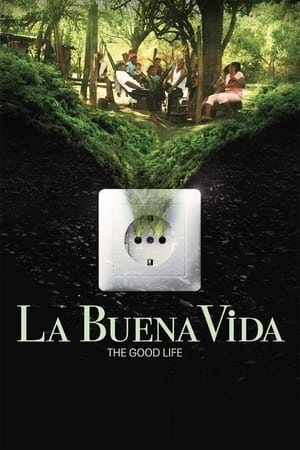 7.2
7.2La Buena Vida - The Good Life(de)
The village of Tamaquito lies deep in the forests of Colombia. Here, nature provides the people with everything they need. But the Wayúu community's way of life is being destroyed by the vast and rapidly growing El Cerrejón coal mine. Determined to save his community from forced resettlement, the leader Jairo Fuentes negotiates with the mine's operators, which soon becomes a fight to survive.
Mama Goema: The Cape Town Beat in Five Movements(en)
If you take a pinch of Khoi-San lament, a dash of Malay spice, a bold measure of European orchestral, a splash of Xhosa spiritual, a clash of marching bands, a riff of rock, the pizzazz of the Klopse, some driving primal beat, and a lot of humour and musical virtuosity, what do you get? Goema Goema Goema! Weaving together the ancient, the traditional, and the classical into the contemporary universal sound of Cape Town, Mac MacKenzie, musical mastermind and founder of The Genuines and The Goema Captains of Cape Town, puts together the final touches to the culmination of his life’s work: Goema in Five Movements. Musicians and musical commentators Hilton Schilder, Neo Muyanga, Iain Harris and Graham Arendse, and new kids on the block, Kyle Shepherd and Shane Cooper, add a contemporary context to Goema, while the orchestra rehearses for its premiere performance at the SABC studios.
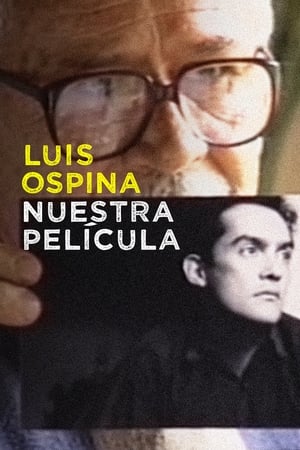 9.3
9.3Our Film(es)
Faced with his imminent death from AIDS, Colombian artist Lorenzo Jaramillo looks back on his life and work through the five senses.
 0.0
0.0Tomorrow's Power(en)
Tomorrow’s Power is a feature length documentary that showcases three communities around the world and their responses to economic and environmental emergencies they are facing. In the war-torn, oil-rich Arauca province in Colombia, communities have been building a peace process from the bottom up. In Germany activists are pushing the country to fully divest from fossil-fuel extraction and complete its transition to renewable energy. In Gaza health practitioners are harnessing solar power to battle daily life-threatening energy blackouts in hospitals.
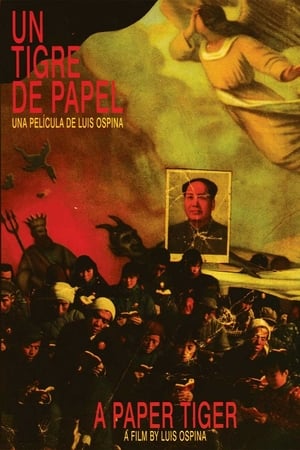 6.5
6.5A Paper Tiger(es)
The life of Pedro Manrique Figueroa, a pioneer of collage in Colombia, is both incomplete and contradictory. Taking his life and work as a pretext, this mockumentary takes the viewer on a journey through history from the year 1934 up until 1981, when the artist mysteriously disappeared from view.
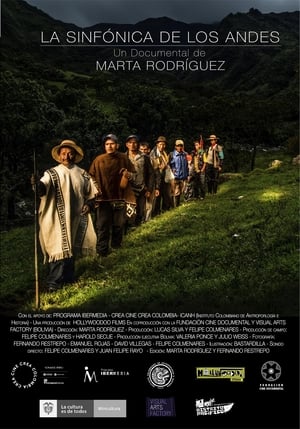 0.0
0.0Los Andes Symphony Orchestra(es)
The North of Cauca is the region of Colombia most affected by the internal armed conflict since 1940. There is an orchestra of ancestral music composed of young indigenous people of the Nasa ethnic group who, with their instruments, their voice and their poetry, remember Maryi Vanessa Coicue, Sebastian Ul and Ingrid Guejia, three of the hundreds of indigenous children who have died because of this eternal and useless war between leftist guerrillas, armed groups of the extreme right, drug traffickers and the Colombian State.
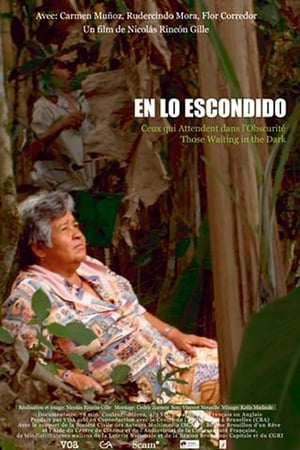 0.0
0.0Those Waiting in the Dark(es)
In the darkness of a long night, the Colombian country shows another face. An invisible world takes the place of the other one. So one better stays at home and open his ears: half-human and half-beast, something is wandering in the dark. Only some people are able to face it. During her whole life, Carmen was one of them...
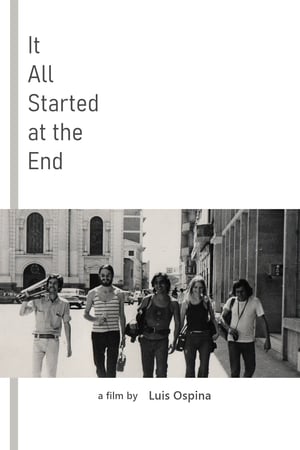 7.8
7.8It All Started at the End(es)
An intimate portrait of the pioneering artistic collective Grupo de Cali, whose work is now considered a fundamental part of Colombia’s film history.
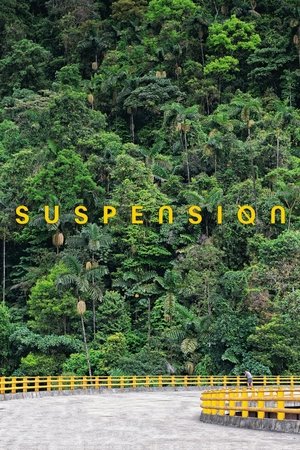 6.5
6.5Suspension(es)
In the depths of the Colombian jungle, the skeleton of an immense abandoned cement bridge is tucked away. It has turned into a delusional tourist attraction.
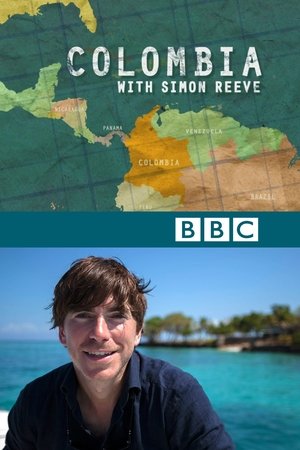 7.5
7.5Colombia with Simon Reeve(en)
Simon Reeve visits Colombia in the year of the pacification, at least on paper, between the government, 'aided' by right-wing death squads, and the Marxist FARC guerrilla, which was turning into an armed super-drug cartel and champion of ransom kidnappings. He speaks with people about the horror that hopefully nears its end and the prospects if both sides disarm.
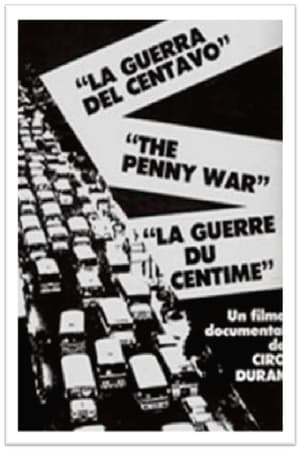 0.0
0.0The Penny War(es)
Drivers of urban public transport in Bogotá do not receive a fixed salary¸ only a percentage per passenger picked up. Through the testimony of two champions of this daily war¸ an unpleasant daily life is shown¸ distressing and dangerous¸ both for the users and for the drivers themselves los and from which the only ones who benefit are the great transport entrepreneurs¸ true architects of a bloody war in which the State is hardly an indolent spectator.
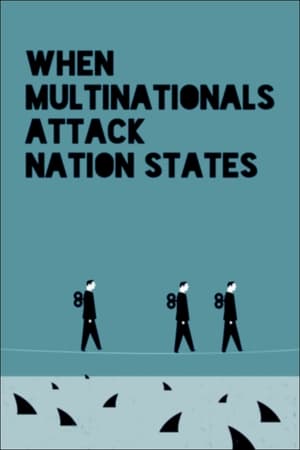 7.0
7.0When Multinationals Attack Nation States(fr)
In autumn 2016, demonstrations sprang up all over Europe against the CETA free-trade agreement between the European Union and Canada. The reason? An obscure clause which allows multinationals to sue nation states if they feel their profits may be damaged by government decisions. An investigation into the hidden world of international arbitration.
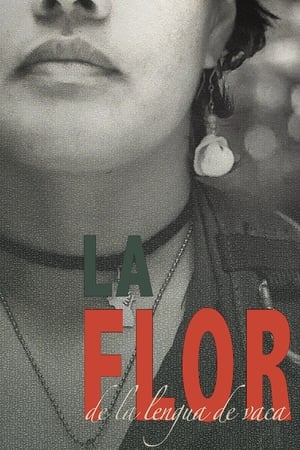 0.0
0.0La Flor de La Lengua de Vaca(es)
Camila lives her last days in the jungle as a guerrilla of the FARC-EP at the crossroads between an uncertain future of peace and the lingering memory of a childhood severely punished. Sent to a war hospital in the middle of the jungle, Camila begins a journey into her past, to the depths of an old wound that needs to be healed. A journey that ends up leading her to an unexpected reunion with her friend Ricardo, a young guerrilla recently amputated due to a mine.
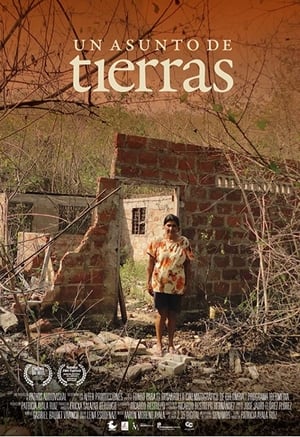 8.0
8.0A Matter of Land(es)
A Matter of Land recounts the first year of application of Colombian's Land Restitution Act from the perspective of a community who decide to engage with the process. The film explores the tensions that arise when such communities come face to face with the complex institutions responsible for enforcing the law. The result of these tensions is a narrative worthy of Kafka, in which a doorway to justice is opened for the sole purpose of demonstrating that no one can pass through it.
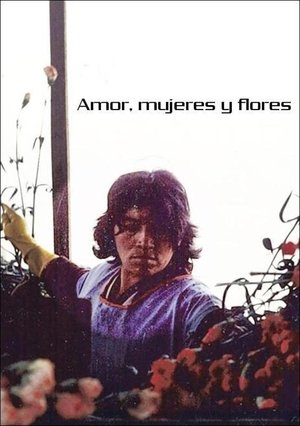 0.0
0.0Love, Women & Flowers(es)
Women workers stand up to the toxic flower industry in Colombia.
Plains: Testimony of an Ethnocide(en)
A documentary on the massacre of Planas in the Colombian east plains in 1970. An Indigenous community formed a cooperative to defend their rights from settlers and colonists, but the government organized a military operation to protect the latter and foreign companies.
